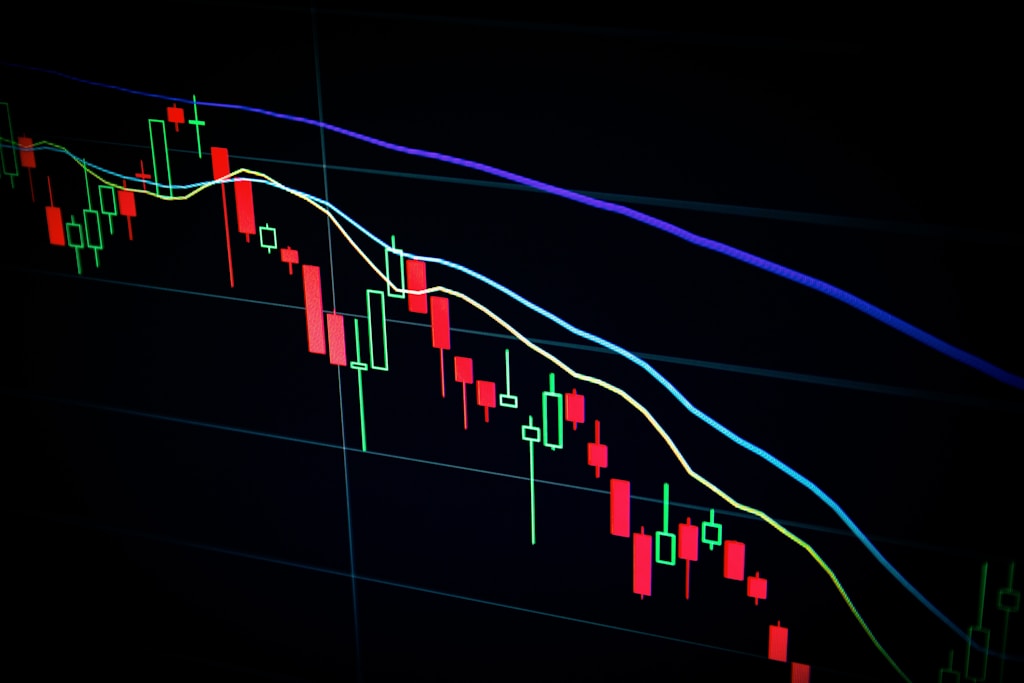XRP Price Eyes $46 Target After Critical $2 Support Test
XRP price tests critical $2 support level as analysts eye potential rally to $46 by September 2025. Technical indicators suggest short squeeze possibility am…

XRP’s price action is reaching a pivotal moment as the cryptocurrency dips into a crucial $2 liquidation zone, setting up what technical analysts believe could be the springboard for an explosive rally. This technical analysis deep-dive examines why the $2 level is critical for XRP’s next major move and explores ambitious price targets extending into late 2025.
Understanding XRP’s $2 Liquidity Zone
According to recent analysis by Cryptoinsightuk, XRP has entered a key liquidity zone near the $2 mark that could determine its short-term trajectory. This analysis aligns with previous predictions of a final dip to $1.95 before a major rally, suggesting the current price action is following expected patterns.
Several key technical factors are converging at this critical level:
- Dense liquidity cluster formation around $2
- Significant long position liquidations
- Rising open interest despite price decline
- Potential short squeeze setup forming
Short Squeeze Potential and Market Dynamics
The current market structure shows increasing open interest during a downtrend – a classic setup for a potential short squeeze. As traders pile into short positions around the $2 mark, they create fuel for a possible explosive move higher when these positions eventually need to close.
Ambitious Price Targets for 2025
Market expert Egrag Crypto has outlined an ambitious roadmap for XRP’s price evolution through 2025:
- Initial target: $12 (500% increase)
- Secondary target: $24
- Ultimate target: $46 by September 29, 2025
Frequently Asked Questions
Why is the $2 level so important for XRP?
The $2 level represents a major liquidity zone where significant buy and sell orders are concentrated, making it a crucial technical and psychological barrier.
What could trigger an XRP short squeeze?
A strong bounce from the $2 support level combined with high open interest could force short sellers to close positions, creating rapid upward price movement.
Is the $46 price target realistic?
While ambitious, this target is based on technical analysis and historical price patterns. However, investors should conduct their own research and manage risk appropriately.
Disclaimer: This article does not constitute financial advice. Always conduct thorough research before making investment decisions.



